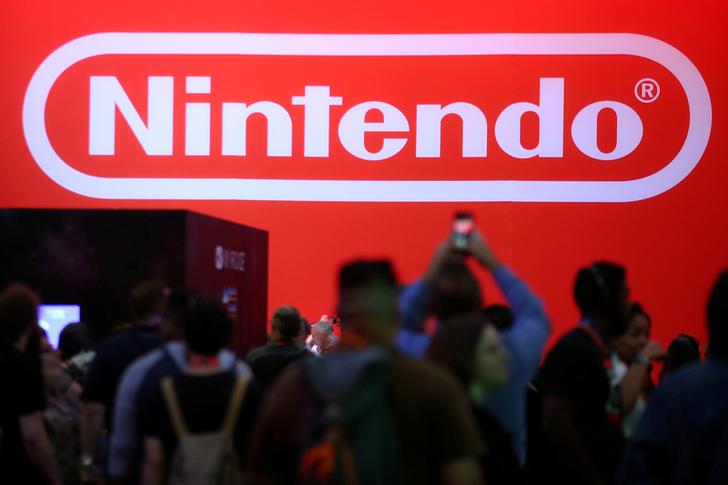|
Getting your Trinity Audio player ready...
|
Tokyo-based gaming giant Nintendo has announced that it will no longer be selling games in Russia through its online store as it gradually scales down its operations in the country. The decision, which was revealed and implemented on Wednesday, comes after Nintendo suspended product shipments to Russia in March 2022 in response to the invasion of Ukraine.
While Russian customers will still have the ability to re-download previously purchased content, they will not be able to make new payments or create new accounts, according to a statement released by Nintendo. The company’s European subsidiary, Nintendo of Europe, made the decision to wind down operations in Russia due to the economic outlook following the shipment suspension.
To ensure security, payment information associated with Nintendo accounts, such as credit card and PayPal details, has been deleted. The eShop, Nintendo’s online marketplace, had already been undergoing maintenance in Russia as the payment provider ceased ruble transactions.
The decision by Nintendo reflects a trend among multinational companies, many of whom have either fully or partially halted their business activities in Russia since the start of the Ukraine war. Some companies have cited business disruptions, while others have directly linked their actions to the international outrage over President Vladimir Putin’s decision to deploy troops into Ukraine in February of the previous year.
Nintendo’s competitor, Sony, also suspended software and hardware shipments to Russia and closed down operations of the PlayStation Store in the country in March 2022.
As geopolitical tensions continue to impact global business operations, the gaming industry is grappling with the repercussions of conflicts and political decisions, with companies making strategic choices to navigate these challenging landscapes. The withdrawal of Nintendo and other companies from the Russian market further underscores the far-reaching consequences of geopolitical events on the business world.
The decision by Nintendo and its rival Sony to suspend operations and game sales in Russia highlights the profound impact of geopolitical events on the gaming industry. As tensions persist and conflicts unfold, companies are forced to make difficult strategic choices to navigate these challenging landscapes.
The withdrawal of Nintendo and Sony from the Russian market comes amidst a growing list of multinational corporations that have either partially or entirely halted their business activities in the country since the Ukraine war began. These actions are not only driven by concerns over business disruptions but also serve as a direct response to international outrage surrounding President Vladimir Putin’s decision to send troops into Ukraine.
For Nintendo, the suspension of product shipments to Russia in March 2022 was a significant step. Now, with the decision to wind down its operations in the country, including the halt of game sales through its online store, the company is further reducing its presence in the Russian market. Similarly, Sony’s decision to suspend software and hardware shipments and close the PlayStation Store in Russia reflects the broader trend among multinational corporations.
The impact of these decisions goes beyond the gaming industry. They serve as a powerful statement against the actions of the Russian government and send a clear message of solidarity with Ukraine. Furthermore, they demonstrate the global interconnectedness of businesses and their role in shaping geopolitical dynamics.
As the gaming industry continues to navigate these complex geopolitical landscapes, companies are faced with the challenge of balancing economic interests with ethical considerations. The choices made by Nintendo, Sony, and other companies underscore the influence of geopolitical events on the business world and raise questions about the future of international trade and cooperation.
It remains to be seen how long these suspensions and operational wind-downs will last and whether companies will reconsider their positions in Russia as geopolitical circumstances evolve. In the meantime, the gaming industry and its players will continue to adapt to the changing landscape, with the hope that peace and stability will prevail, allowing for the resumption of normal business activities in the future.



